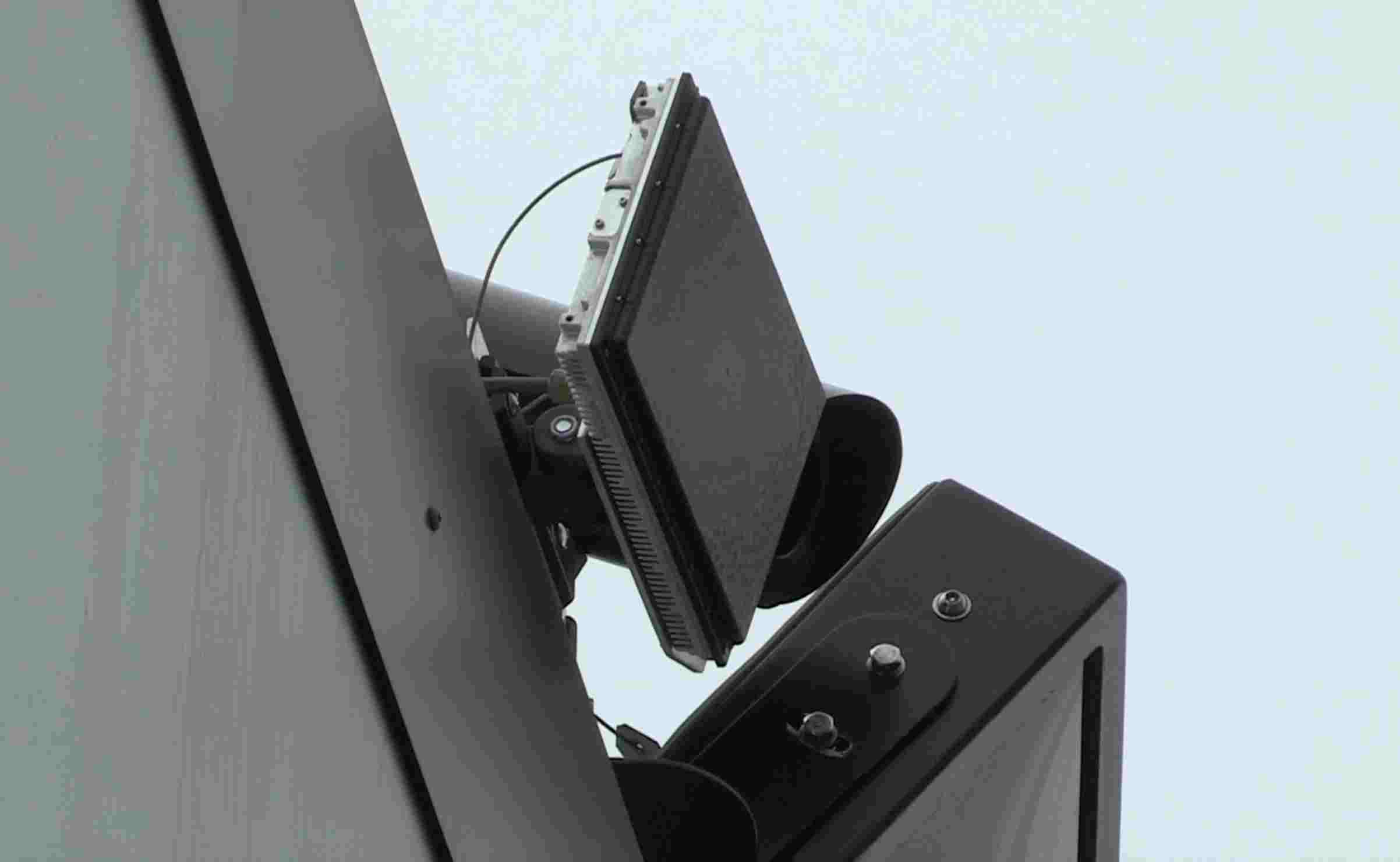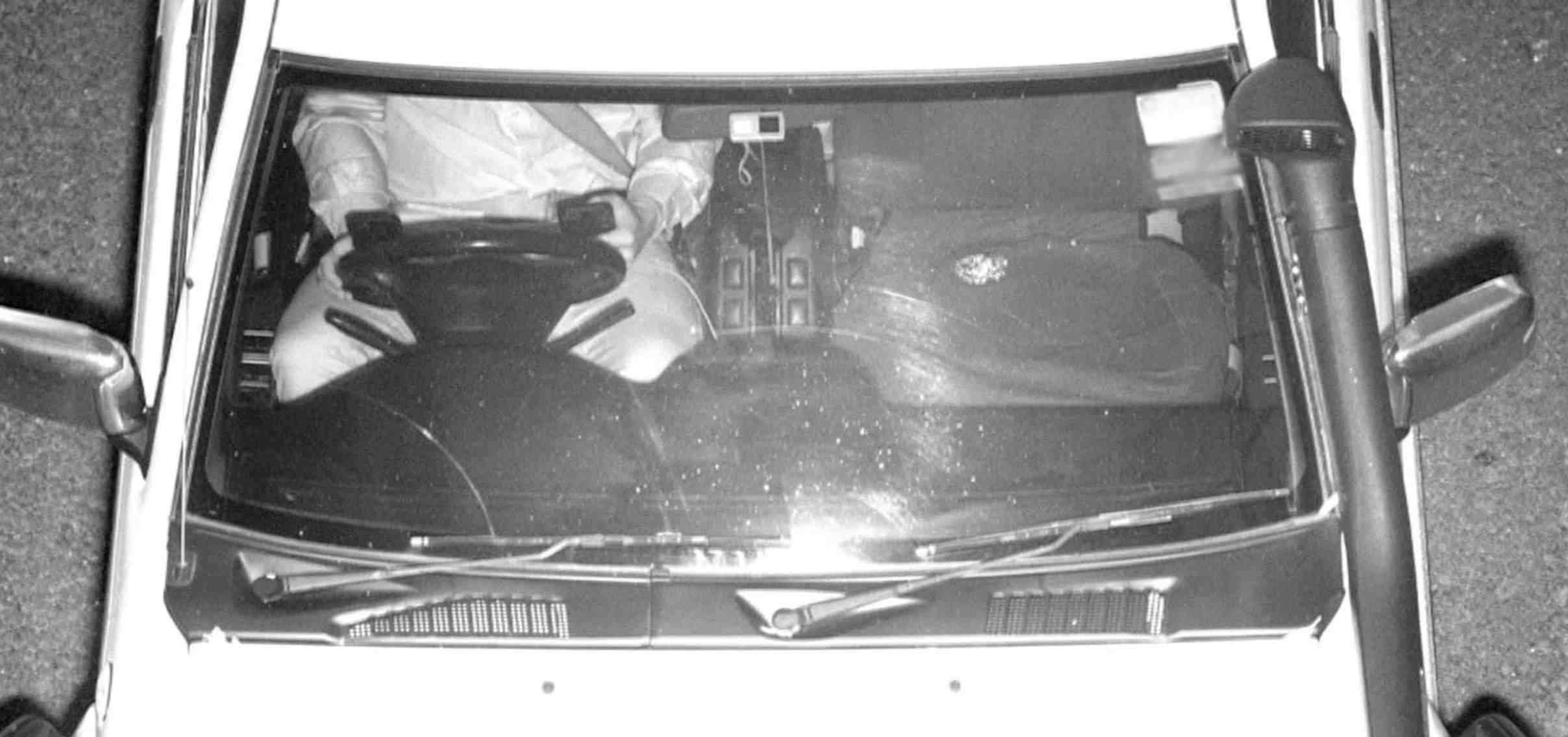
Technology
14:55, 22-May-2019
Australia tests technology to detect texting while driving
By Greg Navarro

Australia is testing a camera system that can detect drivers who use their mobile phones while behind the wheel. The system, which uses artificial intelligence, can identify dangerous driving at speeds of up to 300 kilometers an hour day or night.

A driver captured by new detection system using a mobile phone in Sydney. /Photo via Transport for NSW
A driver captured by new detection system using a mobile phone in Sydney. /Photo via Transport for NSW
"The best drivers in the world can't text and drive, the best drivers in the world can't check their Facebook and drive; it is just not possible. You have to be focused on what is in front of you with both hands on the wheel," said NRMA spokesman Peter Khoury.

The world-first dangerous driving system being tested in Sydney. /Photo via CGTN
The world-first dangerous driving system being tested in Sydney. /Photo via CGTN
The cameras, placed on two busy roads in Sydney, are detecting more than 1,000 people a day who are using their phones while driving. One person was captured using two phones at once.

Driver using two phones while behind the wheel. /Photo via Transport For NSW
Driver using two phones while behind the wheel. /Photo via Transport For NSW
"Around one in ten to one in eleven fatalities in Australia can be linked to somebody illegally using their mobile phones, and the additional challenge that we have here in Australia is that Australians are very much addicted to their smartphones," said Khoury.
Acusensus managing director, Alexander Jannink created the world-first technology after his friend, 29-year-old James Rapley, was killed by a distracted driver in 2013.

James Rapley was killed by a distracted driver in 2013. /Photo via Rapley Family
James Rapley was killed by a distracted driver in 2013. /Photo via Rapley Family
"It's a very common concern right across the globe because this behavior is truly endemic and it is very obvious in almost every road network in every country, and so most countries have come to the realization that the only way to address this problem now is through enforcement," said Jannink.
If the pilot program proves successful, offenders could face hundreds of dollars in fines.

SITEMAP
Copyright © 2018 CGTN. Beijing ICP prepared NO.16065310-3
Copyright © 2018 CGTN. Beijing ICP prepared NO.16065310-3